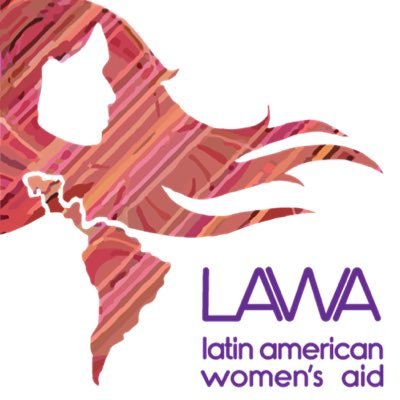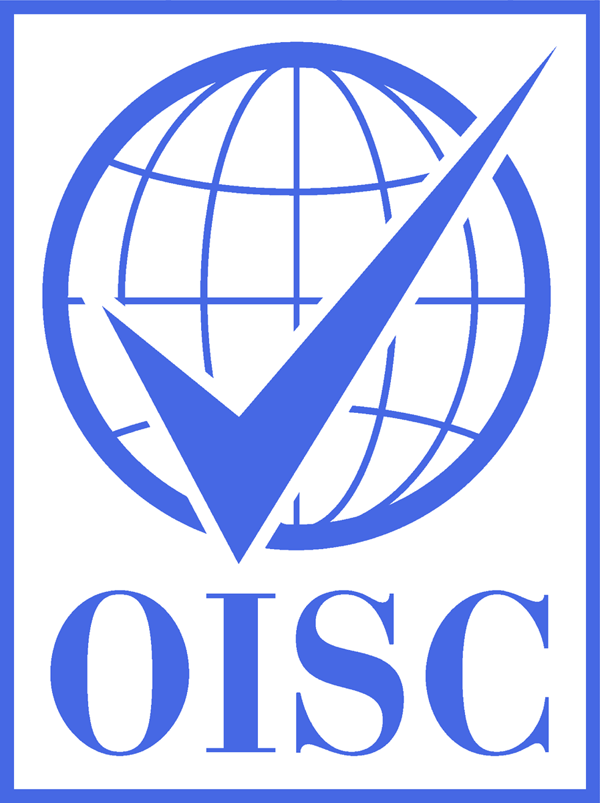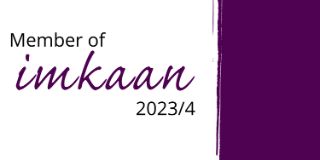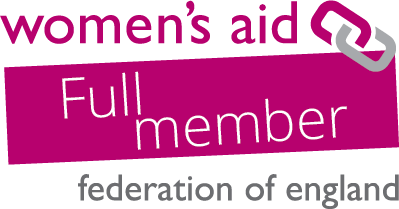The category of body-territory is a key of interpretation that indigenous communitarian feminists from Latin America and the Caribbean use to talk about the connection between women’s bodies, the Earth and all living things. Holistic health implies mutual care and support where nature (including the lives of animals), physical territories and all living things are considered to be part of one unit.
It was sad to see, however, that during the Covid-19 pandemic, in some aspects the living conditions in our Latin American countries worsened. Cases of diseases considered to be eradicated were recorded in Venezuela. Malaria, tuberculosis, zika and chikungunya emerged, while HIV cases increased due to lack of care and medication. Dengue, measles, and cancer numbers increased in Mexico, while seasonal influenza was severe in Chile. Cholera and malnutrition in Colombia affected indigenous communities and children, with deaths caused by severe malnutrition recorded throughout 2020.
According to CEPAL, Covid-19 caused a 30-year setback to poverty in most countries in Latin America and the Caribbean. It also stated that in 2020, the percentage of women who do not receive their own income increased, and poverty gaps remained in rural areas mostly affecting indigenous people and children. In other words, the feminization of poverty continues to be one of the greatest challenges to be eradicated.
It is no coincidence that in the suburbs of Latin American cities and in rural areas, economic poverty, territory desertification, water dispossession and contaminated soil are signs of the failure of neoliberal policies and yet another historical debt with women and nature. In these territories inhabited by indigenous, precarious and migrant communities there are diseases and social problems that could be prevented if there were free universal health care, secular and public education, as well as alternatives for accessing clean spaces with drinking water and healthy food for the people living there. This is where women and the LGTBTQ+ community can play a fundamental role as Agents of Change.
Women living in poverty and women who are racialised, and LGTBTQ+ communities, continue to be those who are most affected, but they also put up the most resistance, organise themselves and make it possible to have hope. For example, during the pandemic in the suburbs of Argentina and Chile, “community cooking pots” were organised in certain neighbourhoods where people could access healthy food for free. Trans women opened up their refuges as spaces for mutual aid and other groups offered mutual support by launching fundraisers for those most in need.
These community experiences of mutual aid and solidarity in times of crisis are what the Guatemalan communitarian feminist and ancestral healer Lorena Cabnal calls “acuerparse”: networks of resistance between women and their communities to provide each other with political energy, spiritual and ancestral wisdom. “Acuerparse” is also a tool for self-care and mutual aid to resist and act against the multiple oppressions that are lived and felt. In this way, body-territories are placed at the centre of a holistic vision of life.
“Acuerparse” is a form of resistance, organisation and reclamation to be able to heal our body-territories. Diseases, dispossession of land and social exclusion must be eradicated in Latin America and the Caribbean. International support is not enough if local governments don´t also take action.
On this World Health Day 2022, as part of the Latin American diaspora in the United Kingdom, we want those policies that advocate for the privatisation of healthcare, natural resources and education to be eliminated; we want healthcare and we want social, racial and environmental justice for the indigenous, Afro-descendant and peripheral body-territories that carry the hope for a better world on their shoulders, where everything is for everyone.
References:
- https:://www.eluniversal.com.mx/mundo/las-otras-epidemias-de-america-latina https://www.lafm.com.co/colombia/mas-de-100-ninos-han-muerto-por-desnutricion-en-colombia-durante-el-2021
- “Sube la extrema pobreza en América Latina a niveles no vistos en casi 30 años”, en: https://news.un.org/es/story/2022/01/1503172





